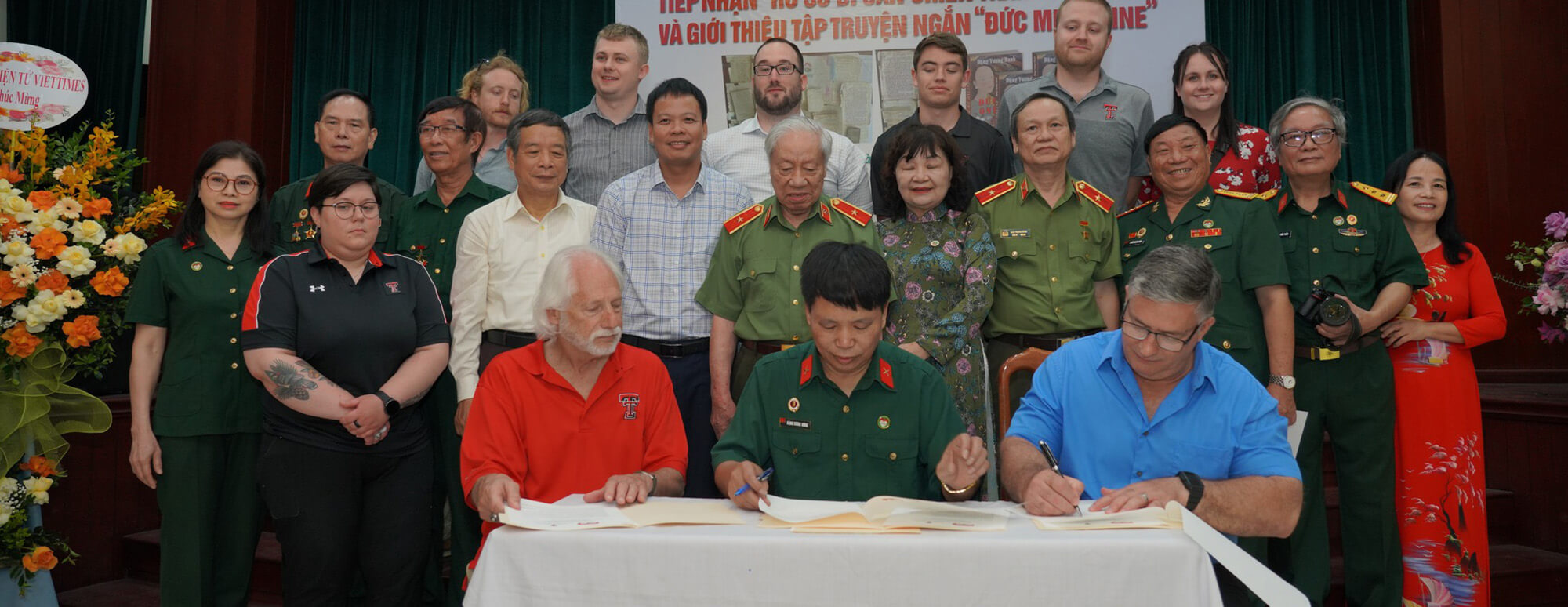
Texas Tech Secures Federal Grant to Aid Vietnam War Accounting Efforts Story By: Erin Garcia
Researchers at Texas Tech University’s Vietnam Center and Sam Johnson Vietnam Archive and the Institute for Peace and Conflict are leading a project that brings closure to thousands of Vietnamese families.
Through a grant of nearly $950,000 from the U.S. Department of War, these programs will advance the Vietnam Wartime Accounting Initiative (VWAI). The initiative is a humanitarian program designed to assist the Vietnamese government in locating and identifying the remains of more than 200,000 soldiers and civilians still missing from the Vietnam War.
Dr. Steve Maxner, director of the Vietnam Center and Sam Johnson Vietnam Archive, said the project’s foundation lies in a remarkable archival resource known as the Combined Document Exploitation Center (CDEC) collection. The collection consists of about 2.7 million pages of captured wartime documents. Each document has been digitized from microfilm and contains clues to a soldier’s final moments through letters, diaries, commendations and battlefield coordinates marking where they fell.
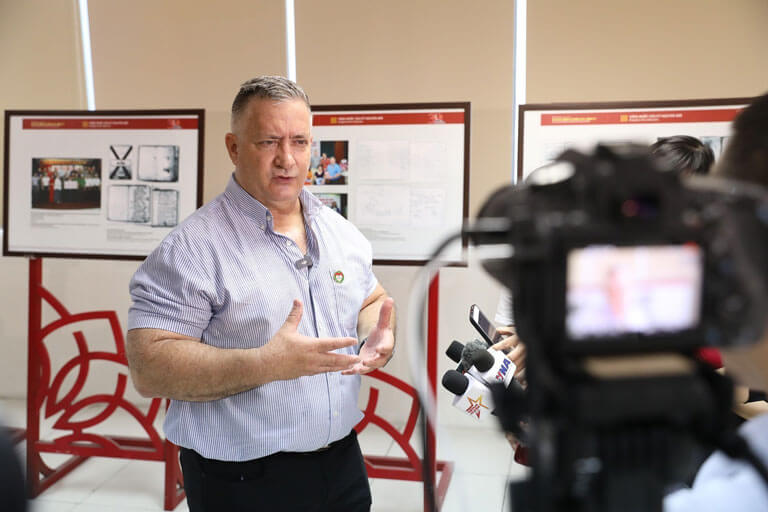
“Our mission is to leverage those documents to help Vietnamese families locate possible burial sites,” Maxner said. “These are real people. They are sons, fathers and brothers who never came home. If their remains can’t be found, sometimes we can at least return their diaries or letters, and for the families, that can be just as meaningful.”
Dr. Ron Milam, executive director of the Institute for Peace and Conflict at Texas Tech, brings a deeply personal lens to the project as a Vietnam veteran.
“For me personally, this is such a big idea because I am a veteran of that war,” Milam said. “I wrote letters home to my wife almost every day, and all those letters made it home to her, as did I. But the story of these men who were fighting against us—they were writing letters home to their wives, their mothers and their girlfriends, too. Those letters never made it home until Texas Tech found them.”
Milam explained that the project began as a self-funded effort. “We began this work three years ago, on our own dime,” Milam said. “We knew it was the right thing to do.”
Maxner and Milam made multiple trips to Vietnam beginning in 2023, taking graduate and doctoral students to conduct field research and return wartime letters to families. During those trips, the Texas Tech delegation presented letters and diaries in emotional ceremonies at locations including the Vietnam Women’s Museum in Hanoi and archival sites in Vũng Tàu and Saigon.
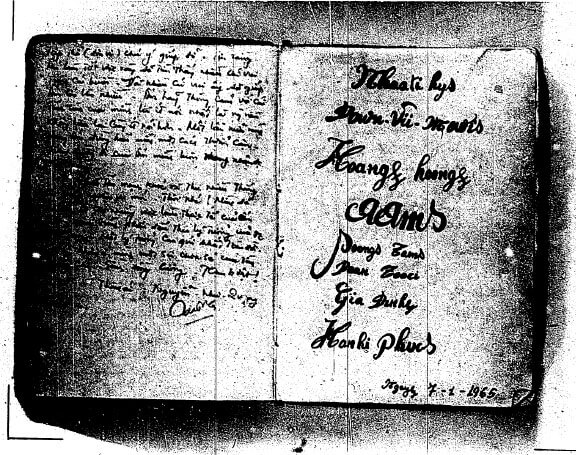
“Because those families knew of men who had served alongside their loved ones and who did make it home, they invited those former enemies to the ceremonies,” Milam said. “For me to be interfacing with former enemies—men about my same age—and sharing stories with each other was unbelievable.”
He emphasized that the spirit of reconciliation has always driven the work, even before grant funding made expansion possible.
To make these connections possible, Texas Tech researchers developed advanced optical recognition tools that decode the microfilm’s alphanumeric data. This technology makes the once-unsearchable archive accessible.
“We’ve essentially rebuilt a system that hadn’t been readable since the 1970s,” Maxner said. “Now we can extract location data that’s accurate within 30 to 100 meters, giving families a real starting point for their search.”
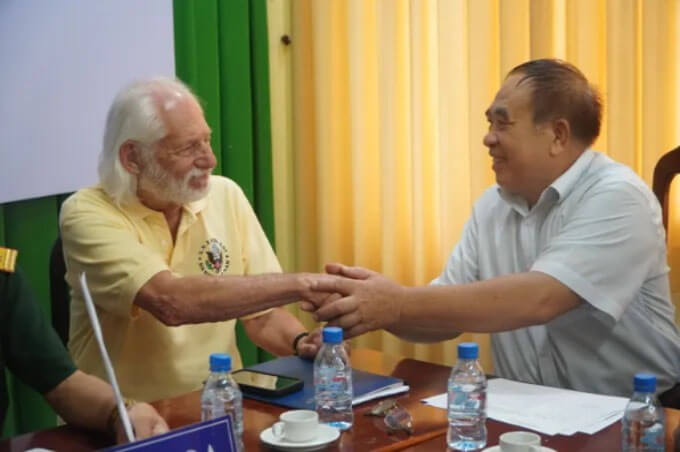
For Dr. Alex-Thai Dinh Vo, assistant research professor, the project’s purpose is both professional and deeply personal. As a Vietnamese American who immigrated to the U.S. as a refugee after his father’s imprisonment in postwar Vietnam, Vo sees this work as a bridge between divided histories.
“When I joined Texas Tech, I felt called to do this,” Vo said. “My father was imprisoned by the government we’re now helping. I asked for his blessing, and he told me, ‘You should do it. The war is over. This is a humanitarian effort.’”
The Department of War grant enables Maxner, Milam and Vo to expand their team to include 40 researchers in Vietnam and 15 in the U.S., focusing on training, digital archive management, historical analysis and family outreach. The university also will collaborate with partners such as the U.S. Army Center of Military History, the Longest Climb Foundation and the U.S.-ASEAN Business Council to ensure the program’s long-term sustainability.
Since receiving funding, Vo has worked to create a team in Vietnam to help locate families, often using social media and television to reunite descendants with letters, photographs and diaries lost for decades.
“Some of these families are seeing their loved one’s handwriting for the first time,” Vo said. “Even though the original documents were destroyed, we can return high-quality copies. Daughters reading letters from a father they never met, wives seeing words meant for them 50 years ago—these moments are emotional.”
Beyond its humanitarian reach, the project strengthens a growing partnership between the United States and Vietnam.
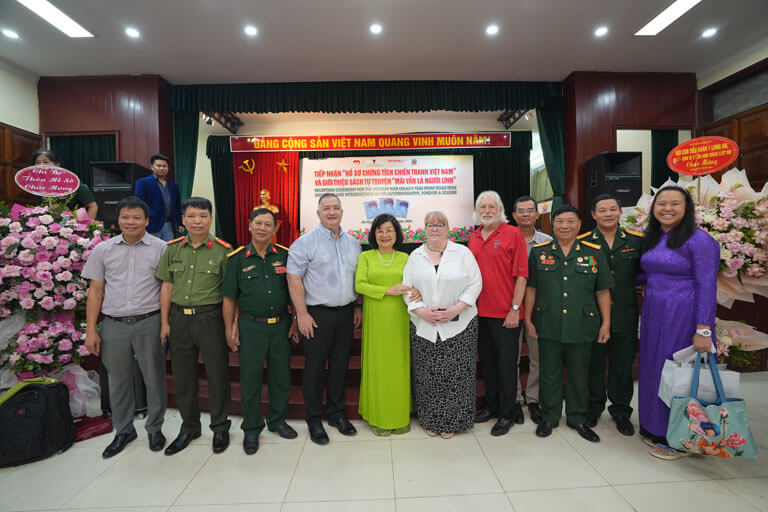
“This work is not only about accounting for the past,” Vo said. “It’s about peace and understanding. When we return a letter or provide a family with closure, we’re helping two countries move forward together.”
As Texas Tech continues to lead in archival innovation and global engagement, the Vietnam Wartime Accounting Initiative stands as a testament to the power of research, remembrance and reconciliation.
“Even if this grant didn’t exist, we would still be doing these things,” Milam said. “We were doing it ourselves, as Texas Tech University, because we know it’s the right thing to do.”
Featured Stories
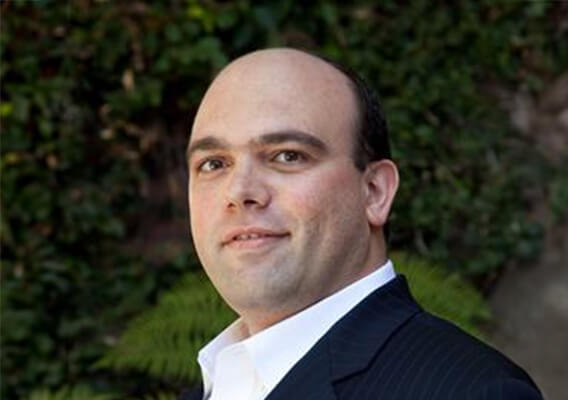
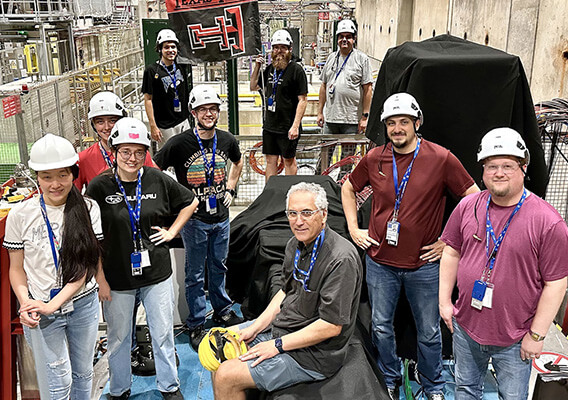


College of Arts & Sciences
-
Address
Texas Tech University, Box 41034, Lubbock, TX 79409-1034 -
Phone
806.742.3831 -
Email
arts-and-sciences@ttu.edu
